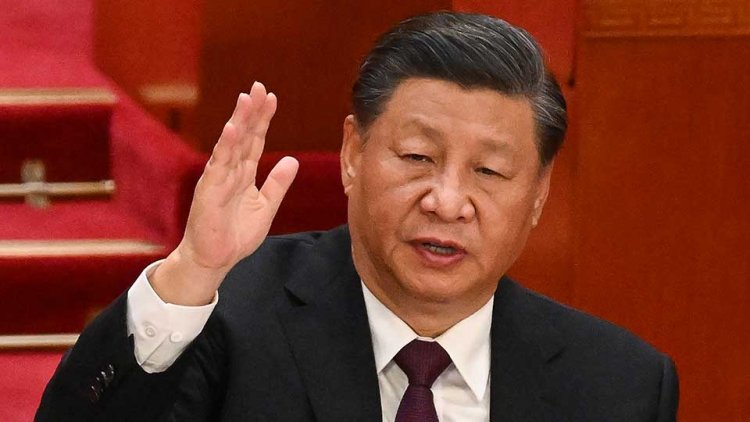China’s Growing Footprint in Middle East: Concerns for India
STORIES, ANALYSES, EXPERT VIEWS

China’s influence in global affairs is rising. The billions of dollars in global investments and infrastructure projects seem to be paying off politically and economically, in the view of Jose Caballero (Senior Economist, IMD World Competitiveness Center, International Institute for Management Development).
Just recently, Honduras signalled it is set to cut diplomatic ties with Taiwan. Days before Chinese president Xi Jinping flew into Moscow, China had brokered a deal between Iran and Saudi Arabia.
The Iran, Saudi deal transforms the nature of China’s involvement in the region
Of concern to India is that the deal “transforms the nature of China’s involvement in the region from one purely driven by commercial interests into a security-related cooperation that can protect its growing assets and expatriate population in the region.”
The deal “can have in lessening the internal conflicts in several nearby countries. This is particularly where they support rival parties, including in Lebanon, Syria and Yemen. What the deal does highlight is the rising influence that China can exert and the waning of the US’s power over the Middle East regional order…..”
Trade and economic benefits to China
China already has become the largest trade partner of the Arab region overall and the top trade partner of Saudi Arabia. In the context of the Saudi Arabia and Iran reconciliation, Caballero states “trade with China is likely to continue to follow such increasing trends. If benefits from the agreement spread to other countries in the region, China could also gain from economic relations with those countries as regional stability increases.
“There is already some evidence of such positive spillover. After the agreement with the Saudis, Iran is ready to expand cooperation, hopes rapprochement with Bahrain will be possible, and is willing to improve relations with Jordan and the United Arab Emirates.”
As well as investing in commercial and transport infrastructure to make trade easier, “the objectives of China’s Belt and Road Initiative include the strengthening of its economic leadership and the improvement and creation of free trade blocks among countries along the investment route. The Iran-Saudi Arabia agreement will generate further benefits to China by boosting the initiative’s dividends. Saudi Arabia’s strategic location bordering eight countries not only provides an alternative route for energy supply to China but also makes it a vital partner for the initiative’s infrastructure investment, which deepens China’s presence in the Middle East.”
Energy security for China
Iran’s strategic position, writes Caballero “provides it with considerable seaport facilities and has the potential for the development of an air transportation hub. China has already invested in the development of a 2,000-mile-long railway from Xinjiang’s capital Urumqi to Tehran.”
With Russia at war, the “Saudi Arabia and Iran provide a strong basis for the diversification of China’s energy options and also to pre-empt any potential move by the United States to constrain its access to the Gulf ’s resources.”
















